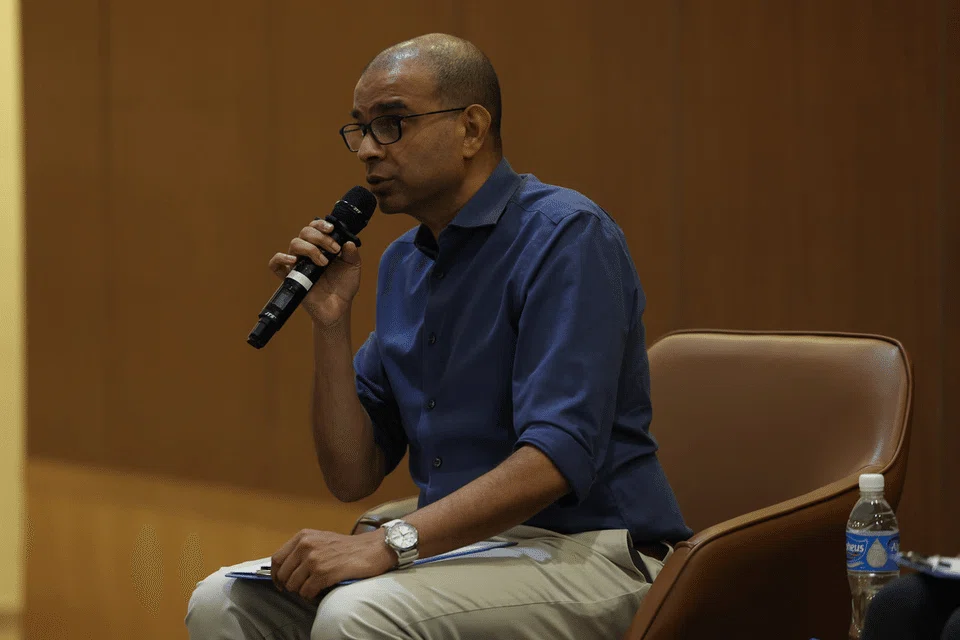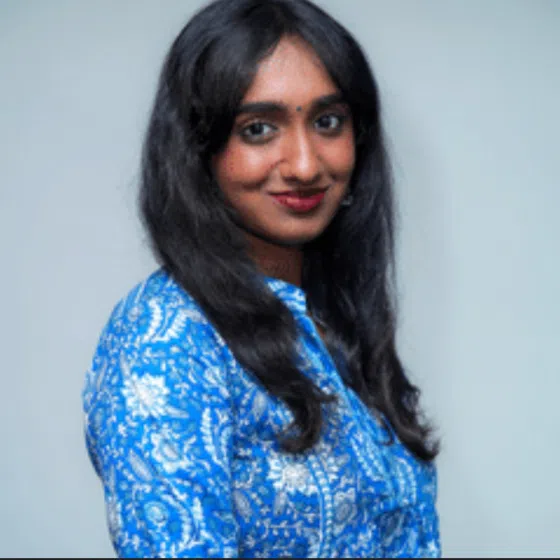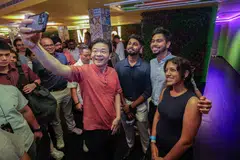Race and religion remain central in shaping Singapore’s social fabric and continued efforts to advance harmony in these domains are crucial, said Senior Minister of State for Education and Sustainability and the Environment Janil Puthucheary.
Speaking at a Youth Dialogue organised by Tamil Murasu’s Illaiya Thalaimurai platform and OnePeople.sg on Sept 28, he noted that while Singapore has made significant progress over the years, expectations of what constitutes racial harmony have also evolved.
“Today, microaggressions and racial stereotypes are taken far more seriously than they were five or 10 years ago,” he said.
This shift, he added, reflects a constructive trajectory in Singaporeans’ approach to building harmony.
Still, Dr Janil, who serves as chairman of OnePeople.sg, cautioned that while the “goal posts have shifted, the game is still the same”.
“In 2025, we cannot pretend that race and religion are no longer issues affecting social cohesion, even as we continue to strive towards it,” he said.
Both, he stressed, continue to be “real sources of difference” that shape everyday interactions, and maintaining racial and religious harmony in society remains an ongoing process.
“Establishing a sense of ‘Singaporean-ness’ is a work in progress,” Dr Janil said. “It is not something done and dusted. Each generation must continue to shape it, ensuring it coexists with – and not erase – other identities.”
The dialogue, held at OnePeople.sg’s Hall of Trust, centred on the theme of Race Relations: Emerging Trends And Youth Leadership.
Close to 100 Indian youth, aged between 18 and 35, from community organisations and tertiary institutions, gathered to exchange perspectives on inclusivity, identity and the Singapore they envision.
Discussions were framed by findings from the recent Institute of Policy Studies (IPS) and OnePeople.sg’s Indicators of Racial and Religious Harmony 2024 report, presented by IPS head of Social Lab and principal research fellow, Dr Mathew Mathews.
The data provided insights into Singaporeans’ changing attitudes, highlighting both progress and persistent challenges. It pointed to a society that has grown more conscious of what racial harmony entails while remaining acutely conscious of difference.
“Being different is not necessarily bad or negative,” said Dr Janil. “But Singaporeans are still very aware of their racial and religious identities, and these shape interactions in everyday life.”
He also noted that global tensions with racial and religious dimensions can magnify local divisions.
“These are the fault lines that our society comes under stress when times are tough,” he said, emphasising the need to strengthen community bonds before crises strike.
For many participants, the opportunity to engage directly with a policymaker was a highlight of the session.
Ms Samyuktha Venkatesan, a 23-year-old 3D artist, said: “Dr Janil listened to all questions and took the time to respond. Seeing that young people’s views are valued and considered by the Government is very encouraging.”
The event also marked a milestone for Tamil Murasu with the official launch of Illaiya Thalaimurai, its first youth-focused digital platform.
Since its soft launch in February, Illaiya Thalaimurai has produced more than 130 short videos and 40 posts across TikTok, Instagram and YouTube. Covering lifestyle, politics and social issues, all content is subtitled to ensure accessibility.
With the formal debut, the platform hopes to deepen its engagement with Tamil and other Indian youth by creating a vibrant space for students and young professionals to share perspectives and connect with issues shaping their communities.
Speaking to the media after the event, Dr Janil voiced confidence in the young people for raising difficult questions and engaging with him and each other.
He encouraged them to use their influence and do their part to bridge social fault lines and promote harmony by encouraging their peers to pay attention to relevant issues and get involved in community organisations.
“When we hear something offensive, we should reach out in good faith to explain. And when we are given advice, we should receive it in good faith. That is how we move together towards more positive social norms,” Dr Janil said.
He added: “Social cohesion is our secret weapon. Knowing that we are a diverse community with diverse views, we must be able to express that diversity of opinion and still be cohesive. That is what makes things possible in this little red dot that is not possible in other parts of the world.”
The Straits Times



